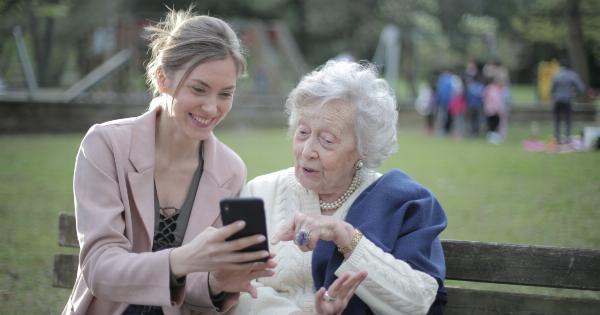As new parents, it’s understandable to feel anxious about your baby’s physical development. One of the biggest concerns parents have is when their baby will start to “fall” or sit up on their own.
This important milestone is an exciting moment for both baby and parents, and it’s important to understand when it typically occurs. In this article, we will delve into the developmental milestones of babies and what you can expect.
What Are Developmental Milestones?
Developmental milestones are a set of skills or abilities that babies develop as they grow and interact with the world around them. These milestones are categorized into different areas such as cognitive, motor, and social skills.
These milestones occur in a predictable order, but each baby develops at their own pace.
Why Are Developmental Milestones Important?
Developmental milestones are an indication that your baby is growing and developing as they should be. These milestones also help doctors, nurses, and parents track your baby’s progress to make sure they are meeting developmental expectations.
What Are the 5 Main Developmental Milestones?
There are five main developmental milestones that parents can expect their baby to achieve.
1. Gross Motor Skills
Gross motor skills involve the large muscles in the body such as those in the arms and legs. This includes things like crawling, walking, and jumping.
2. Fine Motor Skills
Fine motor skills involve the small muscles in the body such as those in the hands and fingers. This includes things like grasping objects and picking up small items.
3. Cognitive Skills
Cognitive skills involve mental processes such as the ability to learn, think, and reason.
This includes things like recognizing faces, understanding cause and effect, and object permanence (knowing that objects still exist even if they are no longer visible).
4. Speech and Language Skills
Speech and language skills involve the ability to communicate effectively. This includes things like babbling, understanding simple words and phrases, and eventually developing more complex language skills.
5. Social Skills
Social skills involve the ability to interact with others and form relationships. This includes things like smiling, laughing, and making eye contact with caregivers and eventually, other people.
When Will My Baby Start to “Fall”?
One of the most exciting milestones for parents is when their baby starts to sit up on their own or “fall.” Typically, babies will develop the muscle strength and coordination to sit up on their own between 4 and 7 months.
During the first few months of life, babies will spend most of their time lying on their backs or stomachs. As they get older, they will start to develop the strength to lift their head up when lying on their stomachs.
This is an important milestone as it helps strengthen their neck muscles, which will eventually help them sit up.
Between 4 and 6 months, babies will start to roll over from their stomachs to their backs and vice versa. This helps to build core strength and further develops the muscles needed for sitting up.
By 7 months, most babies will start to sit up on their own without any support.
It’s important to note that each baby develops at their own pace, and some babies may reach this milestone sooner or later than others.
If you have concerns about your baby’s development, speak to your pediatrician who can provide personalized guidance and support.
How Can I Help My Baby Reach This Milestone?
As a parent, there are several things you can do to help your baby reach the “falling” milestone.
- Encourage tummy time: Spending time on their stomach will help your baby build neck and core strength, which will help them sit up on their own.
- Use supportive pillows: Placing pillows or rolled up towels behind your baby can provide support and make sitting up easier.
- Provide opportunities for play: Providing toys and objects for your baby to reach for and manipulate will help build their fine motor skills.
- Practice patience: It’s important to remember that each baby develops at their own pace, and some babies may take longer than others to reach this milestone.
What If My Baby Is Not Meeting Developmental Milestones?
If your baby is not meeting developmental milestones, it’s important to speak to your pediatrician.
Early intervention is important, as it can help address any developmental delays and provide the necessary support and therapy to help your baby catch up to their peers.
In conclusion, understanding your baby’s developmental milestones is an important part of parenting.
While each baby develops at their own pace, it’s important to provide the necessary support and guidance to help them reach their full potential. Celebrate each milestone with your baby and enjoy these precious moments of growth and development.






























